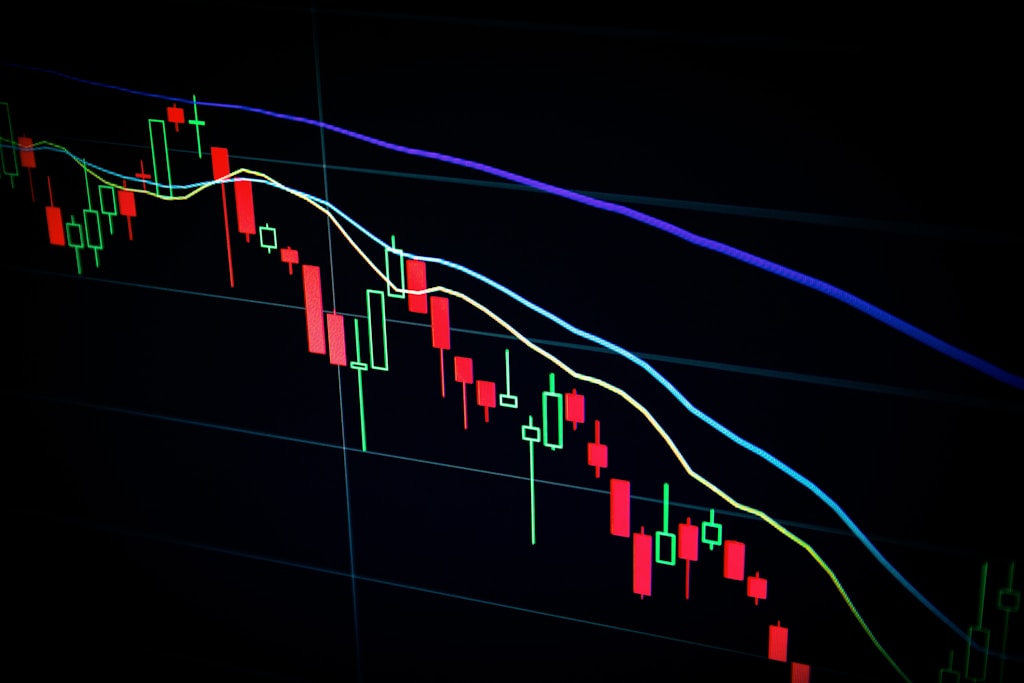Former CFTC Chairman J. Christopher Giancarlo, widely known as ‘Crypto Dad,’ has joined Swiss-based Sygnum Bank as Senior Policy Advisor, marking a significant development in the convergence of traditional finance and cryptocurrency regulation.
The announcement, made on May 27, 2025, signals a strategic move by Sygnum Bank to strengthen its regulatory expertise and market position in the evolving digital asset landscape. Giancarlo’s appointment comes at a crucial time when regulatory frameworks for cryptocurrencies are being shaped globally.
Why Giancarlo’s Appointment Matters for Crypto Regulation
During his tenure as CFTC Chairman, Giancarlo earned the nickname ‘Crypto Dad’ for his progressive stance on cryptocurrency regulation and blockchain technology. His advocacy for balanced regulatory frameworks has been instrumental in shaping the U.S. approach to digital assets. As institutional investment in cryptocurrencies reaches record levels, his expertise becomes increasingly valuable.
Impact on Sygnum’s Strategic Position
Sygnum Bank, as a regulated digital asset bank, stands to benefit significantly from Giancarlo’s extensive regulatory experience. His appointment is expected to:
- Enhance regulatory compliance frameworks
- Strengthen institutional relationships
- Accelerate digital asset adoption
- Improve market confidence in crypto banking
Expert Analysis and Market Implications
Industry experts suggest that Giancarlo’s move to Sygnum could accelerate the institutional adoption of digital assets. His understanding of both traditional finance and cryptocurrency markets positions him uniquely to bridge the regulatory gap between these sectors.
Frequently Asked Questions
Q: What was Giancarlo’s role at the CFTC?
A: J. Christopher Giancarlo served as the Chairman of the U.S. Commodity Futures Trading Commission, where he oversaw the regulation of derivatives markets.
Q: Why is Sygnum Bank significant in the crypto space?
A: Sygnum Bank is one of the world’s first regulated digital asset banks, offering institutional-grade custody and banking services for digital assets.
Q: How might this appointment affect crypto regulation?
A: Giancarlo’s expertise could help shape more balanced regulatory frameworks and increase institutional confidence in digital asset services.
Looking Ahead: Implications for the Crypto Industry
The appointment represents a significant step forward in the maturation of the cryptocurrency industry. As regulatory clarity becomes increasingly important for institutional adoption, having experienced regulators like Giancarlo in key positions could accelerate the development of clear regulatory frameworks.


